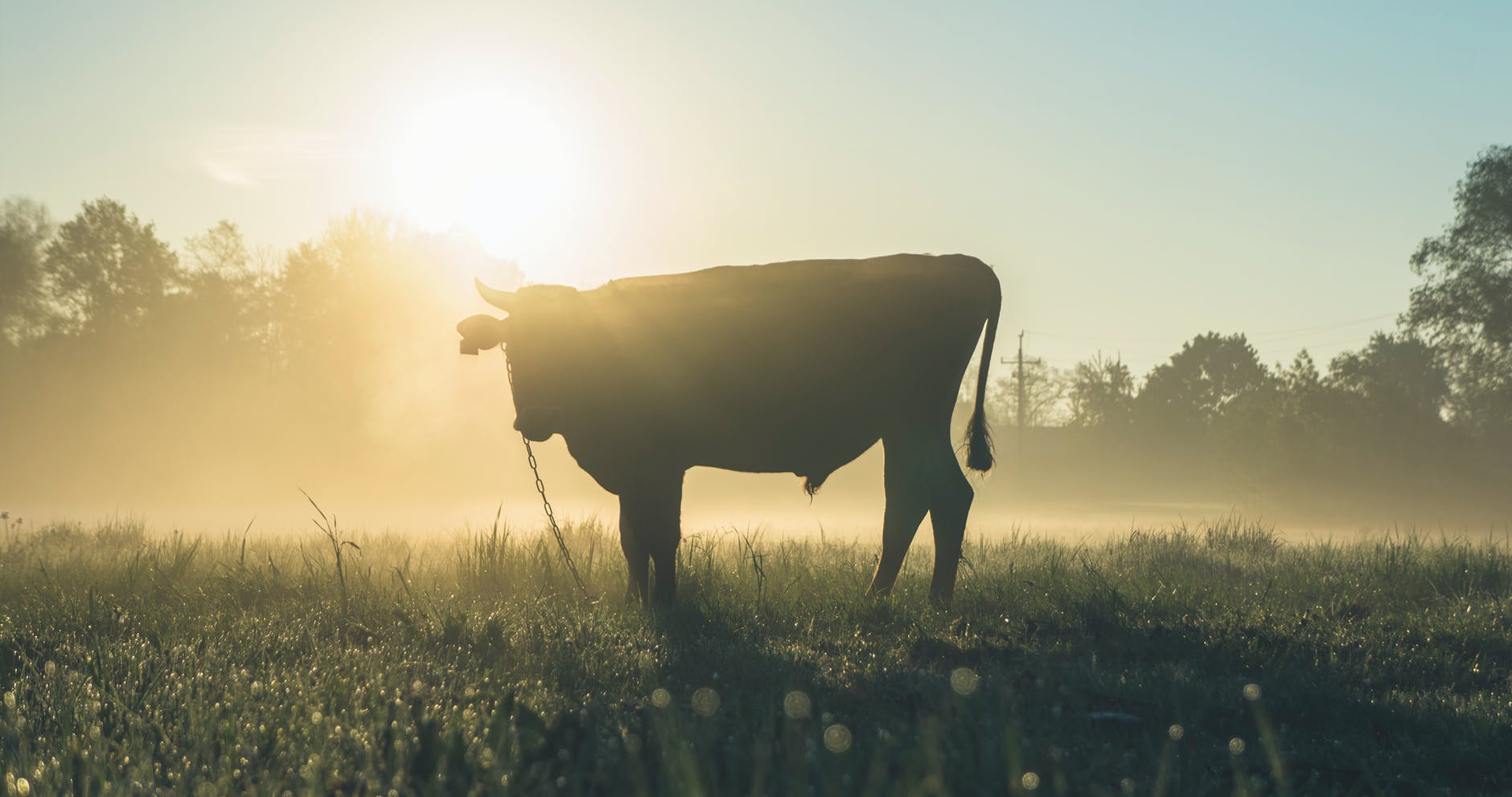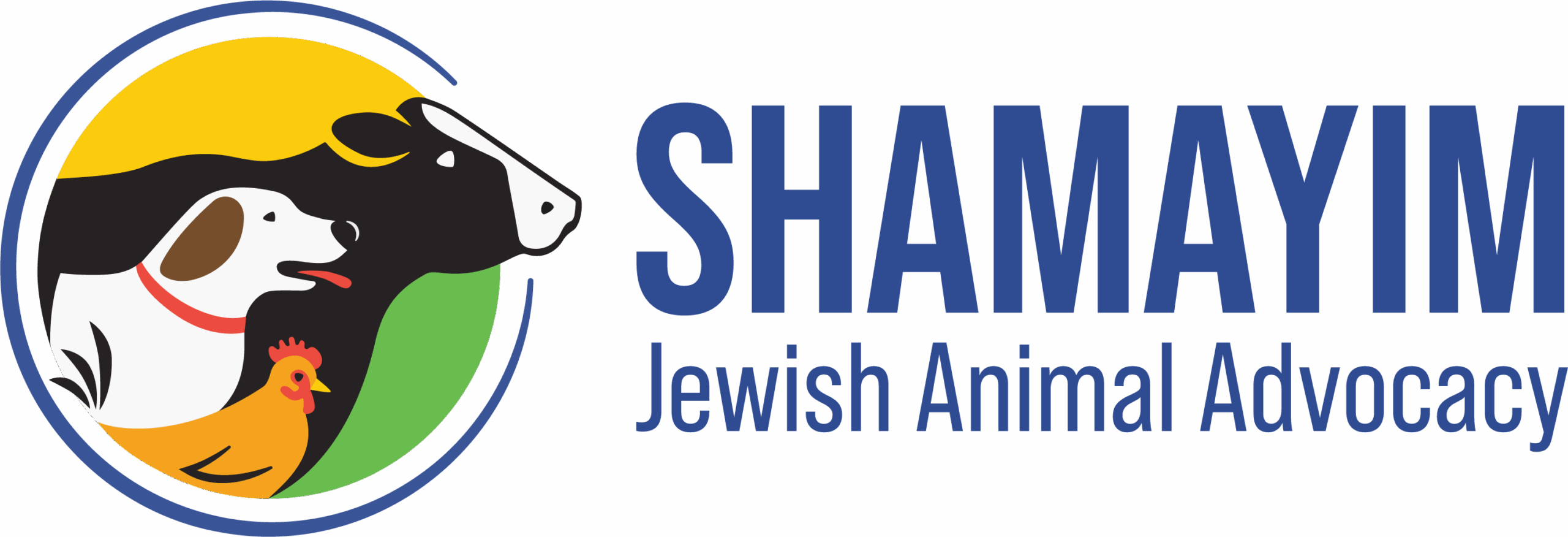Shackle & Hoist

Until 2018, one particularly torturous practice virtually unique to the kosher industry was the “shackle and hoist” method of slaughtering livestock, particularly cattle, where the animal’s hind leg is chained using an assembly-line apparatus where the animals are suspended for minutes at a time while awaiting their turn to be slaughtered, and then the animal is hoisted up and dropped to the ground thereby fulfilling the kosher stringency for the animal to be upside down when slaughtered. The nation’s most famous animal welfare expert, Dr. Temple Grandin, who has been a great friend of kosher slaughter, describes “shackle and hoist” slaughter as “in a category by itself for badness,” as it causes tremendous suffering to the animal and endangers the factory workers as well. And, when pressured by kosher slaughterhouses, which were to incur considerable expenses eliminating the ‘shackle and hoist’ mechanisms, Rabbi Soloveitchik replied, “I am willing to fight to defend shechita, but not shackle and hoist!” This cruel practice has been abandoned and sometimes outlawed in the United States, Israel, and the European Union.
To the great credit of the kosher industry, for years, no large kosher certifications companies in the United States would certify as kosher meat from animals slaughtered by the shackle and hoist method if those animals were killed on US soil, but much of the kosher meat came from herds raised on the pampas of Argentina and Uruguay, where shackling and hoisting is the dominant kosher slaughter method and both American and Israeli kosher agencies would certify shackle-and-hoist animals from these countries.
After years of Shamayim’s leaders and followers writing articles, teaching, petitioning, calling, emailing, making videos, and more, as of 2017, Israel no longer allows beef from slaughterhouses that use shackle and hoist to be imported. And, in 2018, the Orthodox Union, the leading kosher authority in the United States, promised to no longer certify shackle-and-hoist meat as kosher.
There is still much cruelty in the meat industry, including the kosher meat industry, but this is a huge step towards a more compassionate food system.
RESOURCES (WARNING, SOME FOOTAGE IS GRAPHIC):
- grandin- Shackling and Hoisting
- Forward- Israel Bans Gruesome Shackling…
- Undercover Investigation Reveals ‘Incredibly Disturbing’ Kosher Slaughter in South America
- Chief Rabbinate ‘against’ shackle-and-hoist method
- ‘Shackle and Hoist’ Slaughter Persists Despite Promise
- Widely condemned cattle-killing method is used by kosher meat firm’s supplier
